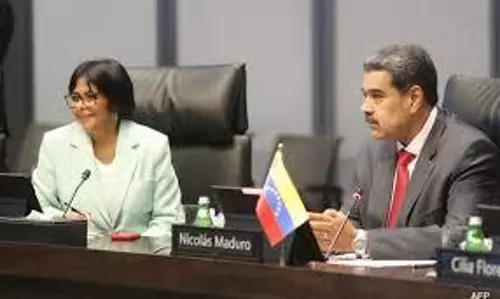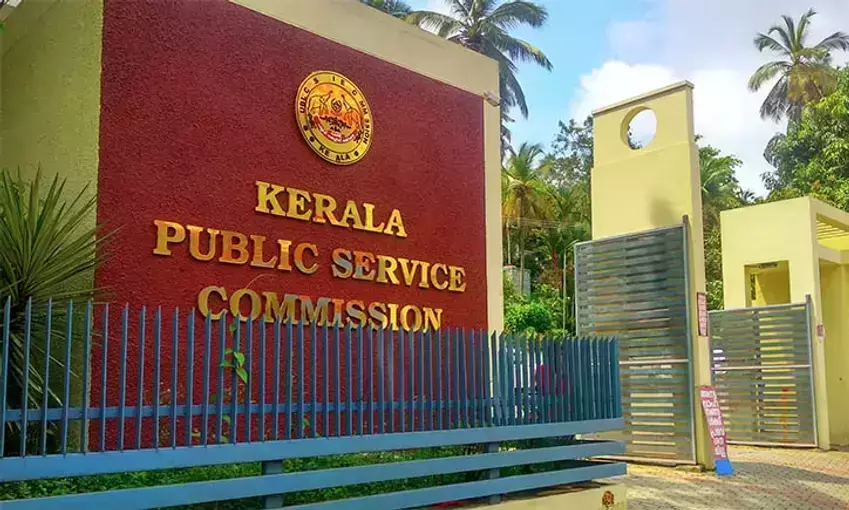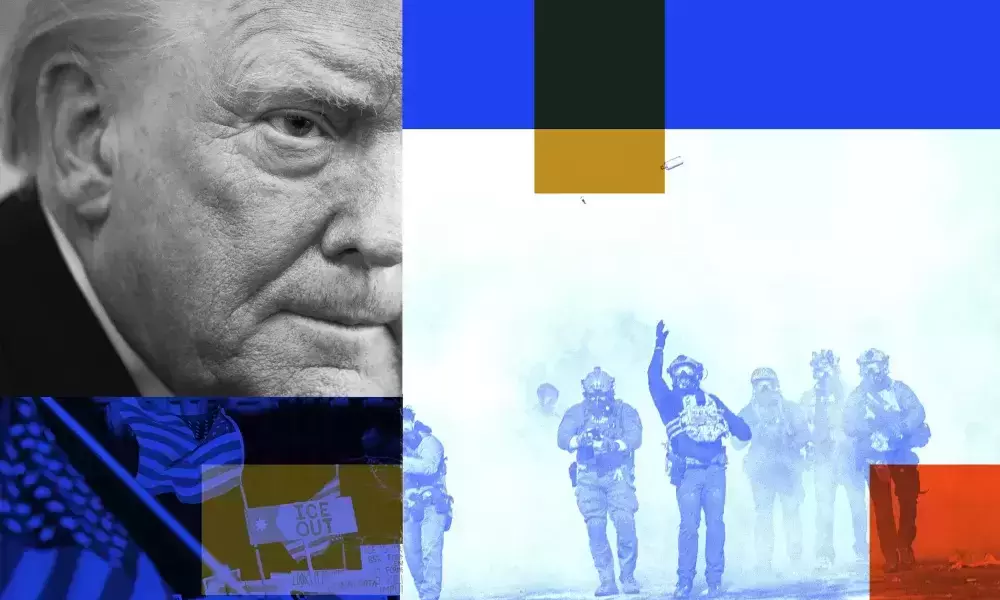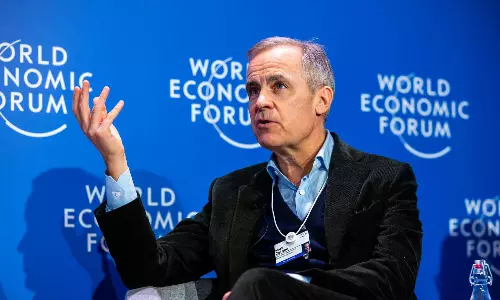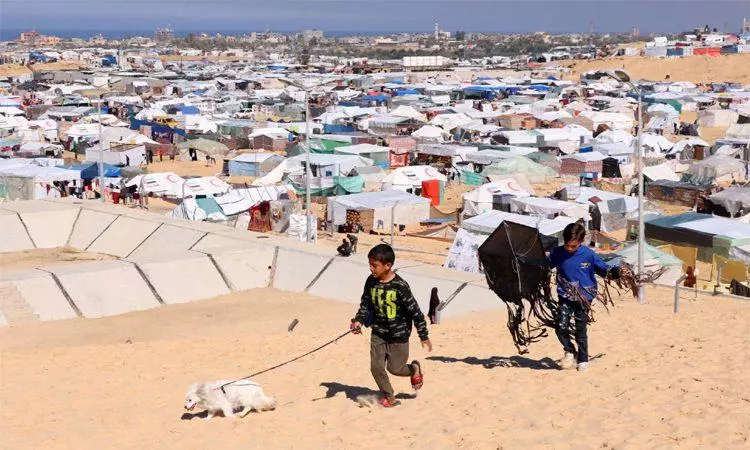
Diplomatic efforts stalled as Gaza braces for Israeli assault on Rafah
text_fieldsEfforts to broker a truce between key regional players and Israel amid the ongoing Gaza crisis have hit a deadlock, as Israel disregarded international calls to halt its ground offensive in Rafah, where the lives of millions of displaced Palestinians are at risk.
High-level talks involving the United States, Egypt, Israel, and Qatar concluded without a breakthrough, as pressure mounts on Israel to hold off on its planned assault on the southern end of Gaza.
The talks, held in Cairo and attended by Egyptian President Abdel Fattah el-Sisi, CIA Director William Burns, and Qatari Prime Minister Sheikh Mohammed bin Abdulrahman bin Jassim Al Thani, aimed at securing a truce, protecting civilians, and facilitating aid delivery into the besieged enclave.
Israeli representatives were present at the negotiations, which underscored a shared commitment to continued consultation and coordination but ultimately yielded no tangible progress.
Meanwhile, on the ground in Gaza, the situation remains dire. Israeli forces are reportedly gearing up for a ground assault on Rafah, the southernmost city in the enclave. With a pre-war population of around 300,000 ballooning to 1.4 million amidst the conflict, Rafah now stands on the brink of further devastation.
The lack of a comprehensive plan to evacuate civilians safely has sparked fears among aid agencies, with many displaced individuals having nowhere else to seek refuge in the war-torn territory. Juliette Touma, a spokesperson for the United Nations Palestinian refugee agency UNRWA, emphasized the dire situation, highlighting the absence of safe havens across Gaza.
Recent Israeli shelling in Rafah has intensified the sense of urgency and fear among residents, with reports of civilian casualties and targeted attacks on journalists adding to the growing toll of the conflict.
Against this backdrop, the prospect of an Israeli ground assault looms large, prompting hundreds of displaced families to flee Rafah in a bid to escape the impending danger. However, neighbouring Egypt has made it clear that it will not permit a refugee exodus across the border, further complicating the humanitarian situation.
The latest casualties reported by Gaza health officials paint a grim picture, with 133 Palestinians killed in the past 24 hours alone, bringing the total death toll since the conflict erupted to a staggering 28,473. The ongoing violence traces back to October 7, when Hamas's attack on Israel triggered a deadly offensive, exacerbating an already dire humanitarian crisis in Gaza.
Despite inconclusive talks and mounting casualties, efforts to broker a truce continue. Hamas, a key player in the conflict, has yet to join the negotiations directly but remains engaged through ongoing communications with mediators.
The road to a viable truce remains fraught with challenges, with Hamas insisting on Israeli commitments to ending the war and withdrawing forces from Gaza as prerequisites for any agreement. The release of Israeli captives seized during the October 7 raid further complicates the delicate negotiations, highlighting the deep mistrust between the parties involved.
As diplomatic efforts falter, international pressure mounts on Israel to exercise restraint and prioritize civilian protection. Calls from South Africa urging the International Court of Justice to intervene and prevent further escalation underscore the gravity of the situation.
Against this backdrop, U.S. President Joe Biden has pledged to work towards a hostage deal to secure "immediate and sustained" calm in Gaza for at least six weeks. Biden's call for Israel to refrain from a Rafah offensive without a concrete plan to safeguard civilians underscores the urgency of finding a diplomatic solution to end the bloodshed in Gaza.









